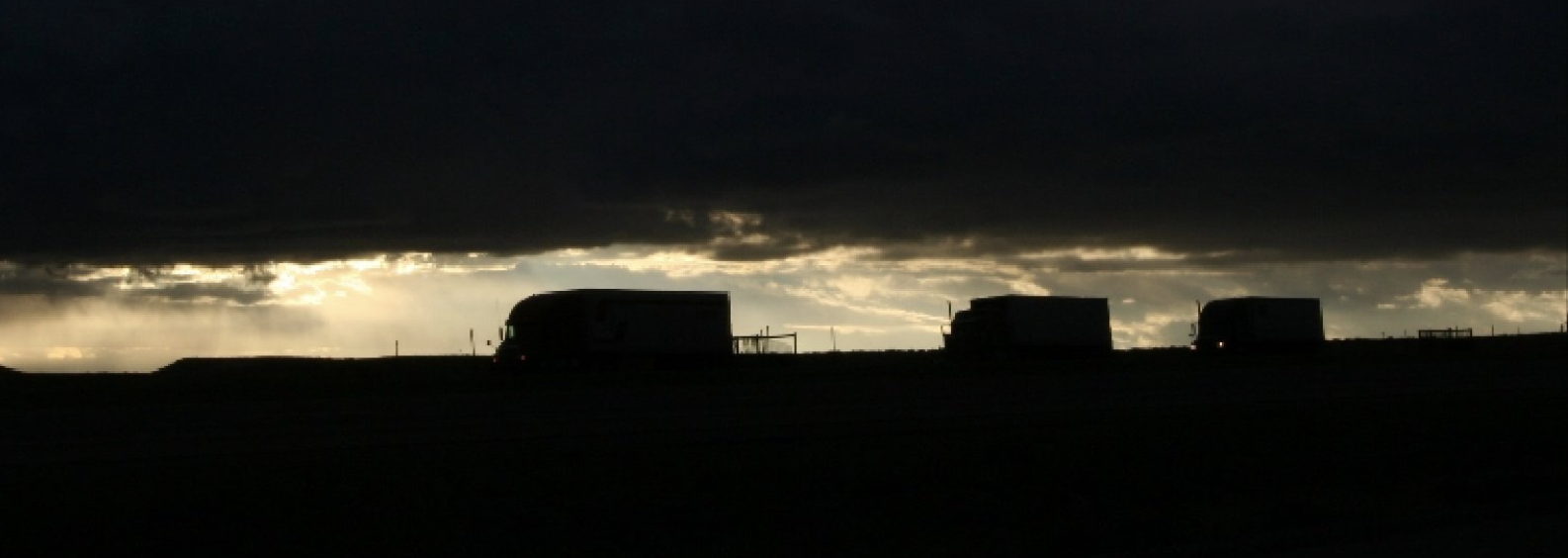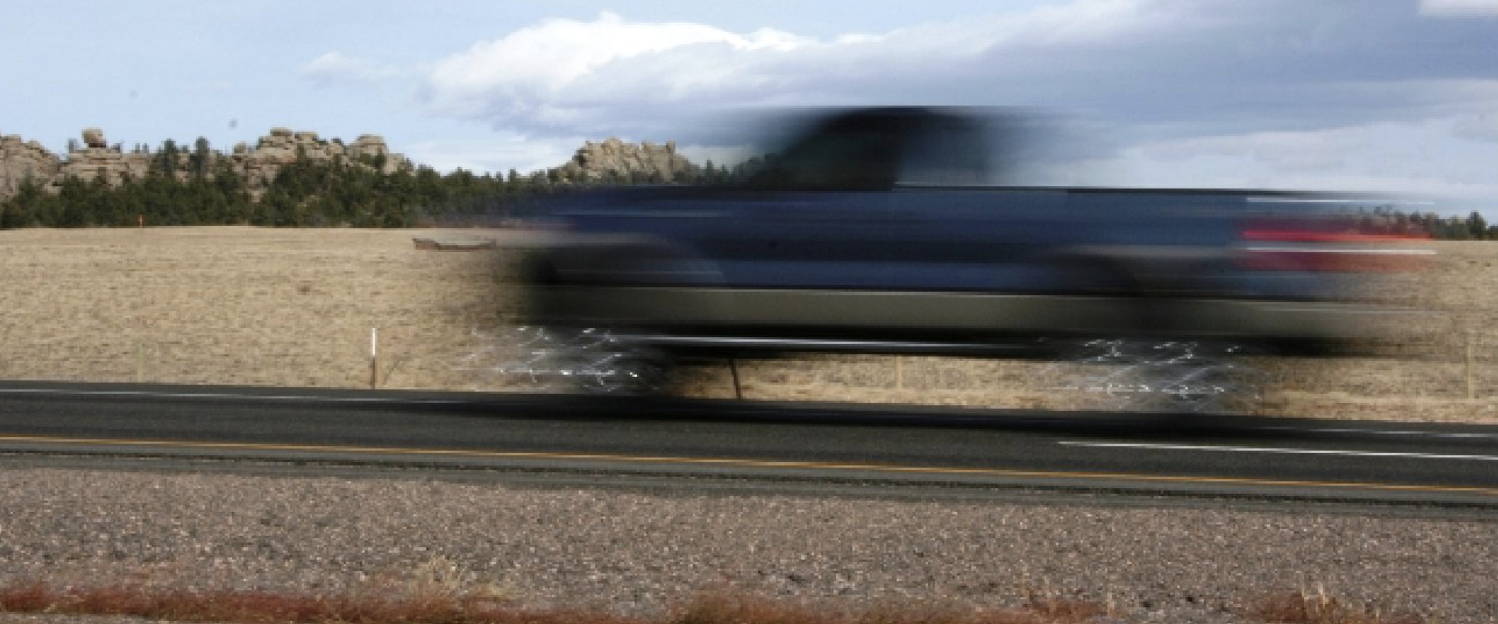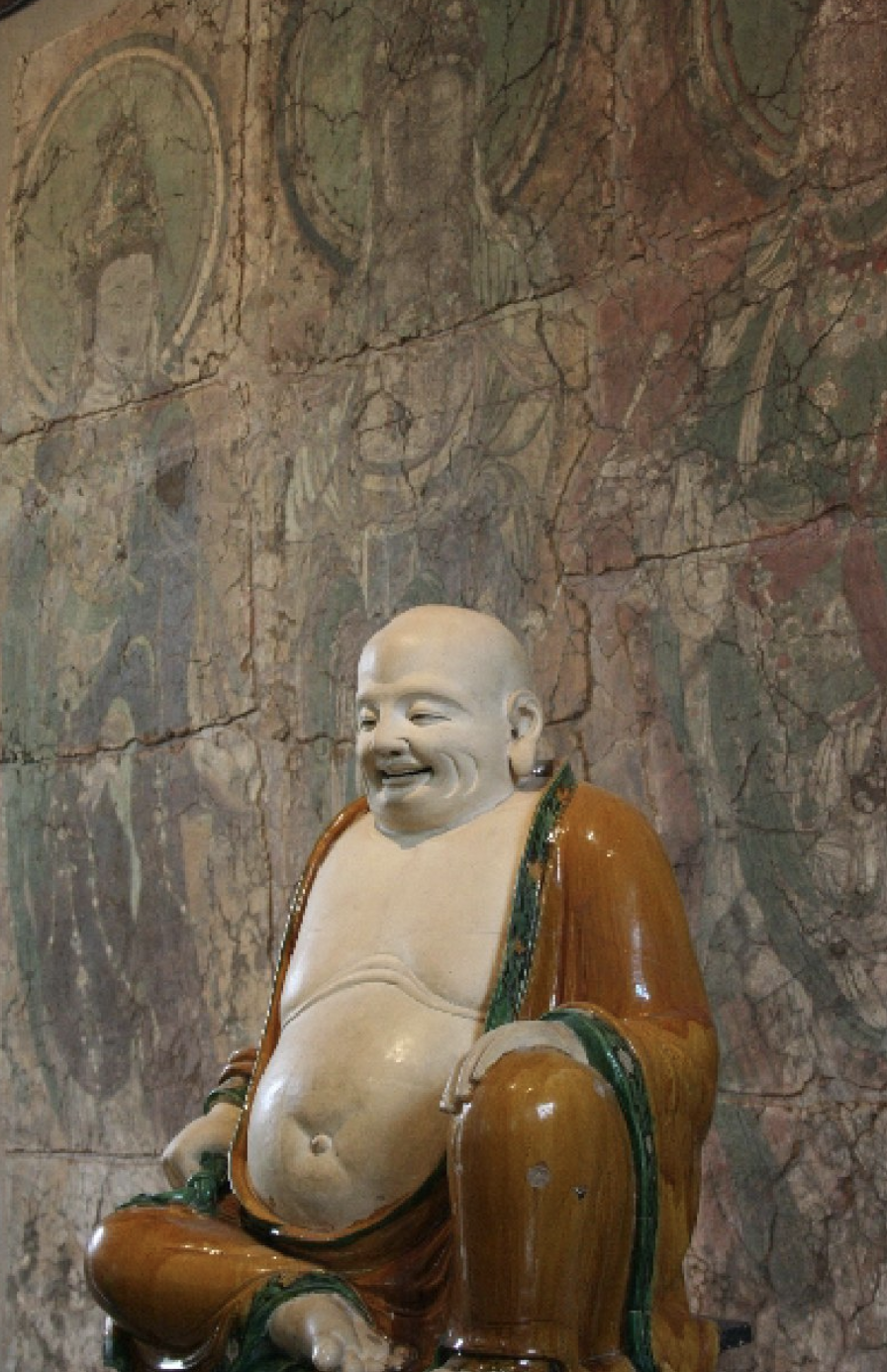
Introduction
Opportunity, like luck, is a fleeting thing. For most of us, the difference is only one of timing: opportunity waits around the corner, ready to knock when least expected; luck is a fickle accident of the past, rewarding the foolish and punishing the unfortunate. In truth, they are the same creature, given different names by different eyes.
While being stalked by wanderlust in 2007, many told me that my journey made no sense: to abandon your apartment, your possessions, your plans for a future of corporate-tinted opportunities just to spend some time in the wilderness…these are the dreams of college kids and poets, perhaps, but not grown-ups. People of responsibility, they said, do not simply get up and “go on walkabout.”
But I did. And when unburdened from the daily obligations of status reports, PowerPoint, and suburban commutes, I discovered that hard work and a nose for opportunity are much less important (and less interesting!) than old-fashioned good luck.
Luckily, luck can be manufactured.
Over a decade ago (ouch!), I took a bunch of photos and wrote down some words to memorialize the experience. It was entirely for my own amusement, and perhaps for sharing with curious family members. As I began assembling my thoughts for this blog renaissance, I graciously inflated my ego enough to believe that there may be at least one other person who might find the words interesting – or at least a solid distraction. So I’m archiving them here. As often happens when I review my mind-state from the past, I’m amused by what I knew, what I was oblivious to, what struck me as novel or important. So 40-something me chuckles a bit through the language below, but 20-something me would have been spellbound.
There’s a vanity book available on Blurb that has a browsable copy of the photos. It’s a bit more work to import all of the visuals into this site so you’ll only find narrative below.
Words
Modern society thrives on cognitive dissonance. A person (myself, for example) can talk about global warming, pollution and consumerism while drinking coffee from a disposable cardboard cup – topped with a plastic lid, lightly sweetened with manufactured chemicals poured from a disposable paper packet. Most of the time, these conflicting behaviors sleep quietly in the back of the mind without causing too much discomfort. Eventually, however, the brain-yeast rises into something that must be punched back down. A moment arrives when you realize that your beliefs don’t match your behavior, and the evidence against you is obvious everywhere you look. These epiphanies happen every day, and take many forms: Democrats become Republicans; businessmen become teachers; people rediscover their religious faith, or abandon it. We restructure our belief systems and change our behaviors to quiet the internal voice that points out when we’re unintentionally lying to ourselves.
Unfortunately, the chasms between epiphanies are found on the path of least resistance. Life’s great achievements and proudest moments happen within the epiphany: during these flashes of sudden undeniable truth, we make our most foolish and brave decisions. The year 2007 began with one such flicker, the result of what must have been a lifetime of denial: I had awoken from the American Dream, and saw for a brief moment a different world.
The world I witnessed, in my mind’s eye, was free of the burdens of payroll taxes and carpool lanes. It was a land of make-believe, where parents didn’t outsource childcare to be able to afford plastic toys made by somebody else’s children, and email didn’t need to be monitored 24x7. Families ate together, people cooked for themselves, everyone knew how to count out change at the cash register, and craftsmen could support their families by applying their skills for the benefit of their community. For a brief moment, I had allowed myself to wander into a field of what-ifs, before lying down again in the poppy field of comfortable capitalist surroundings.
But my sleep had turned restless. Things I had never noticed before now appeared ritualistic and obscene, designed to keep me distracted. Why did I travel 40 miles every day? Why were millions of people around me doing the same? Why did I tolerate an abusive work environment? Why did I think about money every single day? I knew that I had been aware of these questions before, but why didn’t they bother me then the same way they bothered me now? Was I capable of changing my path? Could I be happy?
These questions are all milestones of the path of least resistance. We have all asked ourselves one (or more) of these questions, but the magnitude of the lifestyle change needed to create a permanent fix keeps us from facing the challenges that block us from improving our lot in life. We think about money because it is our measurement of success; we accept bad bosses because we need money to support our culture; we commute every day because we need to work.
It was in this assortment of emotions and frustrations that a radical idea began to take shape: what happens if you stop playing the game? It takes either desperation or inspiration to forego the “luxuries” of the middle class, and I was not certain that I had either, but the price of modern life is far greater than we realize. It was worth the risk to conduct an experiment in how to walk away from the American rat race.
Walkabout

Peering away from the rest stop, western Utah
What is a walkabout? In Aborigine culture, a walkabout is literally a temporary change of lifestyle, back into the bush to reconnect with one’s ancestral self. An American walkabout, then, is an intentional disconnect from the structure and constraints of the American lifestyle – an effort to understand the world (and the self) through a more truthful lens and to return to a simpler life.
This photojournal highlights the lessons of that expedition – the creatures, places, things, art, architecture, and unexpected moments of temporary intrigue. All images were taken from a state of temporary wanderlust, the result of a complete lack of planning or goals. They share only my journey as a unifying theme, serving as final proof that something unforgettable waits for each of us around the corner, every day.
Of Luck

The golden rule for making your own luck is so simple, it’s hardly worth writing about: lucky things happen to those who try. Getting that promotion, finding the perfect house, meeting the person of your dreams, winning an election, saving dolphins, escaping a tornado. Or going on walkabout. These things and more can happen through no effort or fault of your own, or they can happen as a result of focus and constant situational awareness; both paths are lucky.
The catch is that for manufactured luck, you have to really try – and not the sort of effort you invest when trying out a new cookbook, but the concentration you find when you’re trapped in a burning building. Unfortunately, not everyone can force themselves to treat each day as the most important moment of their life. Myself included.
Perhaps ’luck’ is simply the ability to focus on the good and avoid being distracted by the bad.